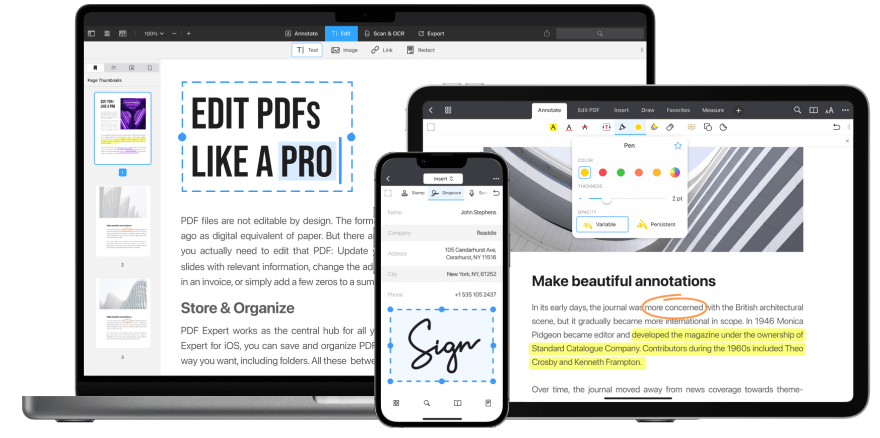Note: The following Article Contains Affiliate Links.
The hiring and employment landscape has been changing rapidly as the world continues to embrace Work from Anywhere (WFA) and remote work. Businesses in this digital era are now looking for ways to build effective remote teams by tapping into a global talent pool. While access to the global job market offers businesses a wide range of choices, navigating the complexities of remote hiring is often a challenge. That’s where an Employee of Record (EOR) comes into play.
What is an Employer of Record?
An Employer of Record system is a comprehensive software service or platform that enables businesses to effectively manage their remote workforce. An EOR provides a centralized solution for:
- HR Administration
- Payroll Management
- Legal Compliance
Businesses that partner with Remote EOR overcome the challenges of remote hiring. They are empowered to tap into the worldwide talent pool and source the best people for their organization. The EOR expertise also enables companies to navigate the intricacies of remote hiring with confidence, leaving the administrative and legal aspects to the experts.
Why Can’t Businesses Employ Their Own People Overseas
Employing people overseas is easier said than done. In every jurisdiction, the government wants to make sure that their employees are treated fairly by employers. Governments also want to make sure that everyone pays their taxes, and they create strict employment roles to be upheld by every employer wishing to operate in that country.
Complying with all the rules and regulations in every country can be challenging and expensive. Most governments introduce or amend policies and taxes often, which can lead to expensive fines if your business fails to employ people legally. While your business may have mastered employment in the home market, you will have to learn about the local employment practices in every country the business wishes to hire people. If the business is expanding quickly and trying to fill essential roles, it may lack adequate time and internal legal eagles to navigate this.
Why Use an EOR?
An Employee of Record service allows you to hire people in places you would have never set foot in before by taking care of the legal relationships with the local authorities on your behalf. Since they are already registered entities in those locations, EORs understand the legal ins and outs and know the regulatory requirements of every jurisdiction.
Once you contract the services of an EOR, they will work with the tax, governmental, and employment authorities to ensure that your new hires are legally and compliantly employed. The EOR service also acts as your local statutory benefits and local payroll provider, relieving you of the need to set up local bank accounts or currency exchange. You will also not have to worry about the recurring processes often involved in the calculation of pay and filing the correct monthly taxes.
How the EOR Model Works
Most people are familiar with outsourcing, but the EOR model does more by allowing you to hire people to join your team. Although this model has been around in the United States for decades, it is a relatively new concept in most parts of the world. Nonetheless, the global reception has allowed EOR services to become an integral part of remote employment.
The EOR model allows you to employ people anywhere your EOR provider has registered a legal entity. This involves creating a three-way relationship with the employee where the business signs an agreement with the EOR provider and the employee. In turn, the EOR ensures that the agreement is locally compliant and with all the necessary terms.
After signing the agreement, the EOR provider becomes the legal employer in the eyes of tax, governmental, and employment author ties. Part of this process includes assuming the responsibility of processing local payroll, issuing pay slips to the employee, filing employment-related taxes and returns, and distributing salary payments.
To facilitate the three-way relationship, the business pays a monthly figure that covers the total cost of the payroll. However, the business will still be responsible for sourcing and recruiting employees. After hiring, the business takes charge of the non-legal side of the employment relationship while the EOR handles legal and compliance matters. This means that you are still the boss in managing the ongoing working relationship, conducting performance reviews, nurturing employees’ development, and handling HR issues. The EOR provider will still advise on any local rules and customers to put into account.
Working with Remote EOR
Remote offers some of the best EOR services with scalable packages for contractors and remote workers. As a global HR solution for distributed teams, Remote offers international EOR services used by companies such as Paystack, GitLad, HelloFresh, DoorDash, and more. Remote can help you hire employees or contractors, manage your international hires, and expand your business globally. The platform is renowned for intellectual property and intervention right protection, global payroll processing, and competitive country-specific benefit packages,




